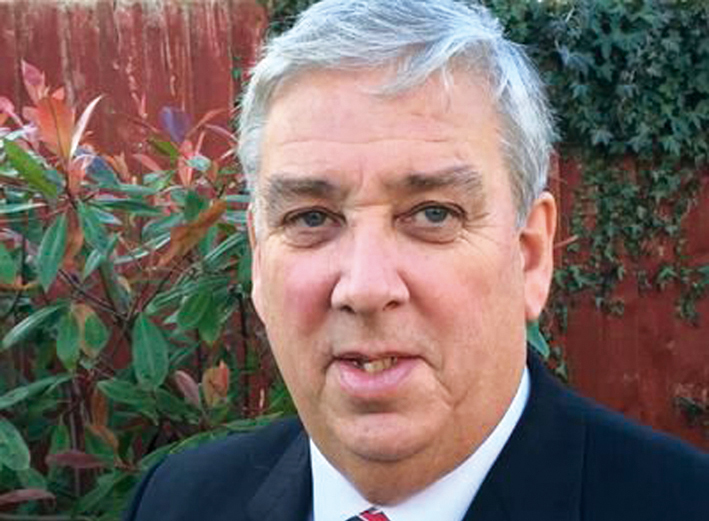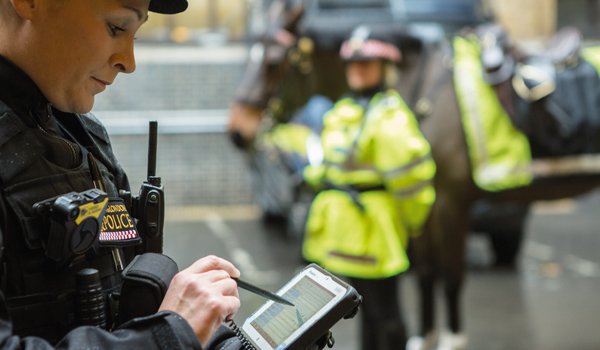North Wales puts cameras on front line
North Wales Police will become the first force in Wales to issue body-worn video (BWV) equipment to all frontline officers when they are on duty.
North Wales Police will become the first force in Wales to issue body-worn video (BWV) equipment to all frontline officers when they are on duty.
BWV cameras were introduced in North Wales last year, with 120 devices deployed across the region. Now, North Wales police and crime commissioner (PCC) Arfon Jones has allocated £163,000 to buy an extra 301 cameras to bring the total to 421 across the force area.
Later this year, additional devices will be also be purchased for specialist officers, such as members of the firearms team.
One area where the cameras have proved particularly useful is in the aftermath of an incident of domestic violence, where evidence of any injuries and damage can be gathered along with the behaviour and demeanour of the aggressor and the victim.
BWV improves evidence gathering and secures more convictions, especially in domestic violence cases. It also resolves complaints against the police because the evidence caught on camera is incontrovertible, said Mr Jones.
Nationally, according to the College of Policing, the chance of a successful prosecution in domestic violence cases has risen from 72 per cent to 81 per cent if there is BWV footage in front of a jury.
BWV is good for everybody except for the criminals. Its making North Wales a safer place because were getting increased early prosecutions, and were protecting vulnerable people from domestic violence and other sorts of related violence.
It also means that vulnerable victims dont have to go to go court to give evidence because the evidence is overwhelming from the body-worn camera footage.
Chief Superintendent Sacha Hatchett, who is in charge of Operational Support Services at North Wales Police, said the model is real-time 100 per cent deployment so there will always be a camera available for an operational police officer or a police community support officer when they are on duty.
In North Wales weve had some recent examples where weve had early guilty pleas in court while the prosecution and the sanctions against the individual were much more substantial because the jury and the judge could actually see a visual representation of the scene of the crime, said Chief Supt Hatchett.
They could see the phone ripped from the wall. They could see the damage, the pictures. They can see the victims injures there and then. They can see the persona of the offender in various states of drunkenness.
The feedback from the Crown Prosecution Service has been excellent and there is a belief that BWV is making a real difference.
BWV is a good technology. We were able to show through piloting the devices that this is a sound investment to support officers in policing the streets safely and capturing evidence of bad behaviour and criminal activity.
Richard Eccles, secretary of the North Wales Police Federation, added: It is brilliant to see that the commissioner is delivering on his promise and ensuring that every frontline officer has 24/7 access to these cameras.
The benefits to the officers and to the communities are huge; these cameras are already capturing accurate footage of the situations that police officers face on the streets of North Wales.
Increased convictions, reduced complaints and greater public confidence will be delivered through this investment by the PCC.




